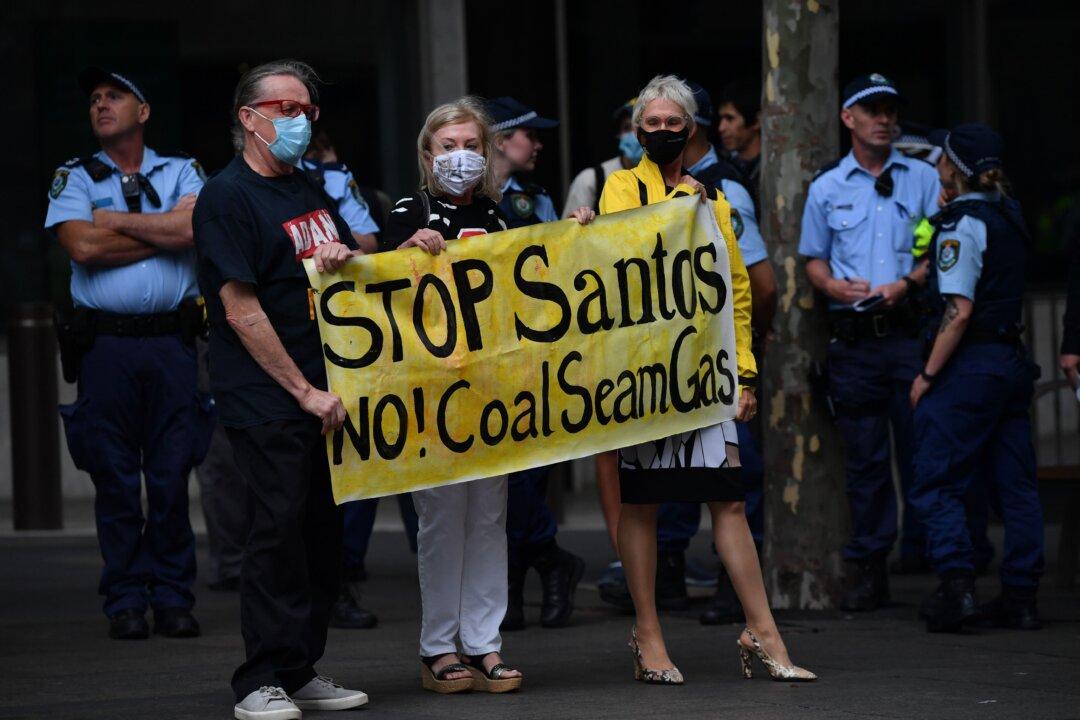Major Australian companies are not following through with green commitments despite displaying public support for addressing climate issues, which is posing a threat to national climate targets, according to a think tank.
Researchers from the independent think tank InfluenceMap released a report on Jan. 15 analysing the climate policy engagement of the 70 largest companies in Australia and the 25 most influential industry associations.





